Financial management is a vital aspect that determines the success of any business organisation. However, wherein businesses advance, using paper and pen in dealing with intricate accounting activities creates more problems such as time waste, uid keep an eye on, and policy infringement. This is where financial accounting software comes in—a custom application to control and organise your accounting in addition to automating your business processes while also being secure and transparent.
Going beyond mere recording of transactions, financial accounting software offers more benefits to a company since they provide insight on the organisational financial status, decision making and legal compliance procedures. As a continuation of the previous post, this post aims to explain the necessary characteristics, advantages, and prospects for implementation of the financial accounting software solution for your organisation’s finance functions transformation.
Financial Accounting Software: What is it?
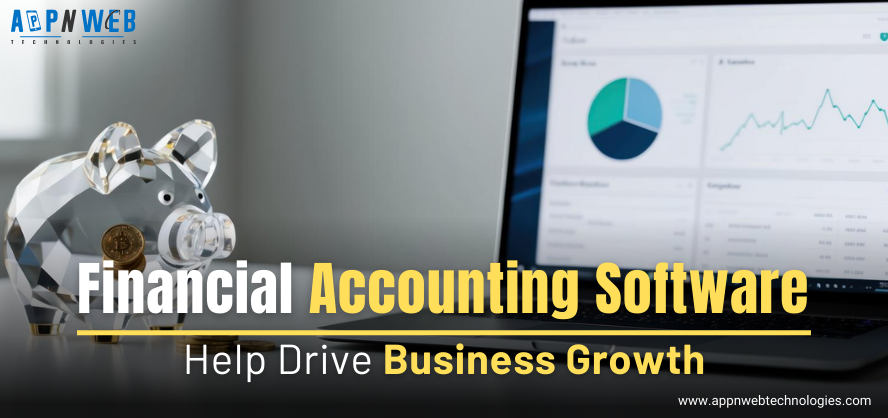
Financial accounting software is a sub- category of accounting software that is pretty much focused on the overall management of finances of a given firm. This particular software is designed to do everything an accountant is supposed to do, including recording and analysing income and expenses, creating, storing and presenting financial statements and reports.
From the eyes of an enterprise, the software may provide even more extensive coverage with added ERP features which link accounting to other business processes. SMEs may need contracted-out models that are limited to basic accounting operations. Regardless of scale, the purpose remains the same: aiming for operational efficiency, standardisation and safety of finance related activities.
Key Characteristics to Consider
When choosing the financial accounting software, one should follow some key points which correspond to the type of the business. Here are the must-have features to consider:
User-Friendly Interface
Ease of use enhances the features of software especially to the users who are accountants and other employees who may lack the proficiency in accounting. Some of the benefits include ease of use that makes work easier when it comes to the on boarding process and improved productivity.
Full coverage reporting and analysis
The possibility of creating concrete and specific financial reports also plays an important role. The purpose of financial software must be report generation that provides flexibility to analyse data and develop trends in order to make proper decisions.
Invoicing and Billing
Specifically, good invoicing tools facilitate the billing schedules, track outstanding bills, and help maintain steady cash inflow all from within the software.
Tax Management
Taxes are not easy to manage, sometimes it may take a lot of time. Tax comprehension and calculation are made easier by financial software that involves tax computation and filing to reduce cases of tax evasion or failure.
Bank Reconciliation
One of the most important functions, bank reconciliation enables businesses to compare their records with the bank statement in an automatic way and detect differences while enhancing the accountability of financial reports.
Sharing Functions and in Particular Permission Levels
In integrated finance departments, where the sessions are performed simultaneously and many people have access to the programs, solutions with two or more levels of security rights help to protect the accounts data from leakage and hacking.
Key Benefits of Financial Accounting Software
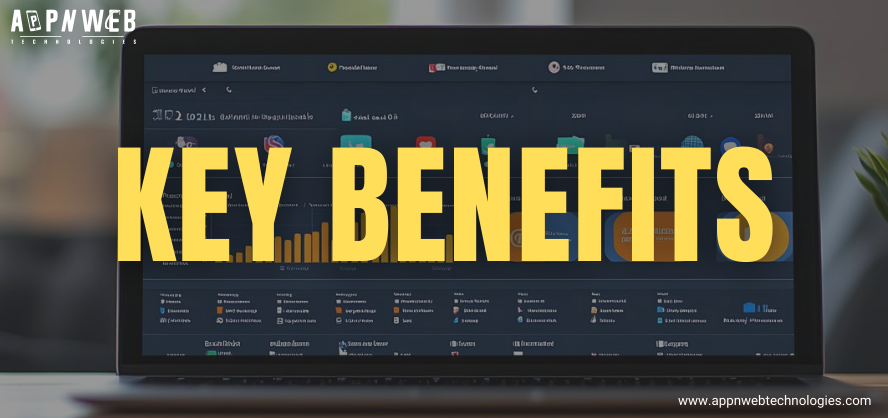
Automation of Manual Tasks
From using financial accounting software, companies can reduce some of the often repetitive undertakings such as data entries and transactions recording. Work automation makes up for human mistakes and allows the accounting teams to have more important and complex tasks.
Real-Time Financial Tracking
In financial software, one gets access to the cash flow statements, budgeting, and other features of forecasting at the same instance. Real time data reduces expensive monetary mistakes due to prompt decisions by leaders.
Compliance and Security
Regulation is always a big issue and financial departments are not an exception. Accounting software helps to support compliance with the standards and provides strict control of the audit trail and data protection. Generally, financial software applications are likely to be developments based on industry requirements in terms of security of financial information.
Data Acquisition and Data Availability
Accounting software provides consolidated information originating from multiple departments and typically works well as part of other organisations’ systems such as the CRM or inventory control software. This level of data integration provides an efficient total view of the company’s finances and makes information available to the users with the authority at any time.
Scalability
With the growth of business organisations, there is also a growth in the level of complexity of accounting systems. The concept of an organisation’s accounting software must have the capacity to meet high volumes of data, more users and growing accountabilities without negatively affecting its efficiency.
How Financial Accounting Software can Help Drive Business Growth
Implementing a financial accounting software isn’t merely about streamlining operations; it’s about increasing company growth given enhanced financial manageability. Think about businesses that integrated various departments with accounting software and have now access to efficient cost effective, better cash flow and high scalable opportunities.
As we looked at, financial planning and controlling is one of the most important aspects to determine organisational development. Due to the appropriate allocation of resources and providing timely data for decision-making, accounting software can expand the company’s activity confidently.
Conclusion
Financial accounting software is not only a tool that is beneficial for using technology for business purposes; it is an essential foundation to maintaining stability and further development of a financial industry. From routine business processes such as payment processing to providing instant information on financial performance and compliance, the right software will make all the difference to your organisational financial environment. For organisations targeting a custom solution, defining a development plan and cost estimate are invaluable to get a proper system as a strategic tool.
Thanks for reading!
Have a project in mind? Schedule a free consultation today.
Get StartedNeed Expert Development Services?
You have spent quite some time on this page while seeking a suitable technology partner.


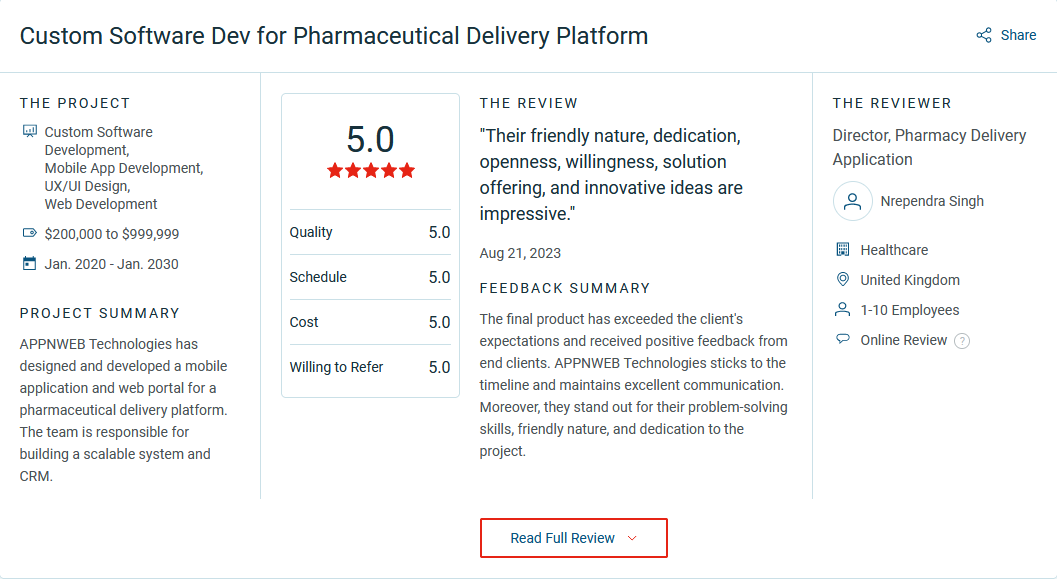
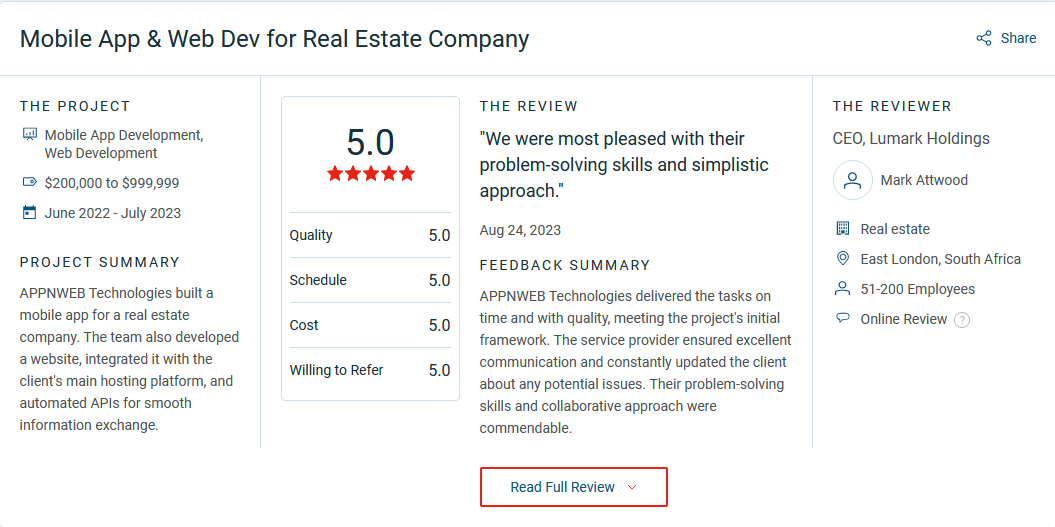
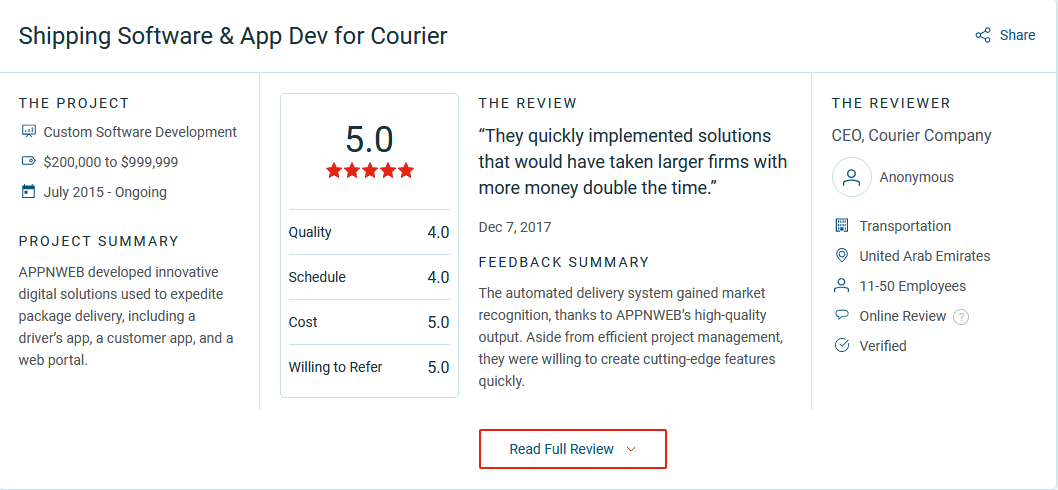
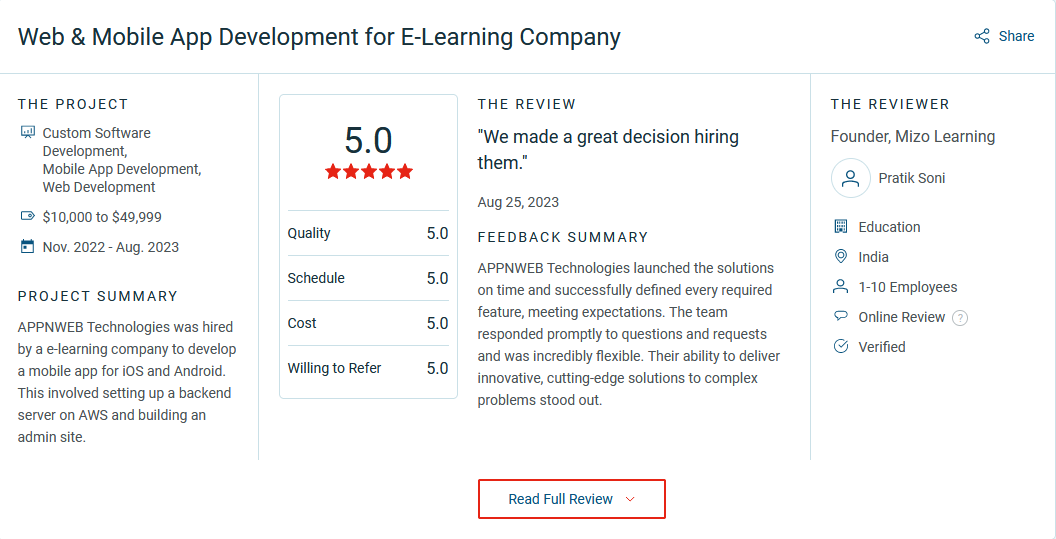
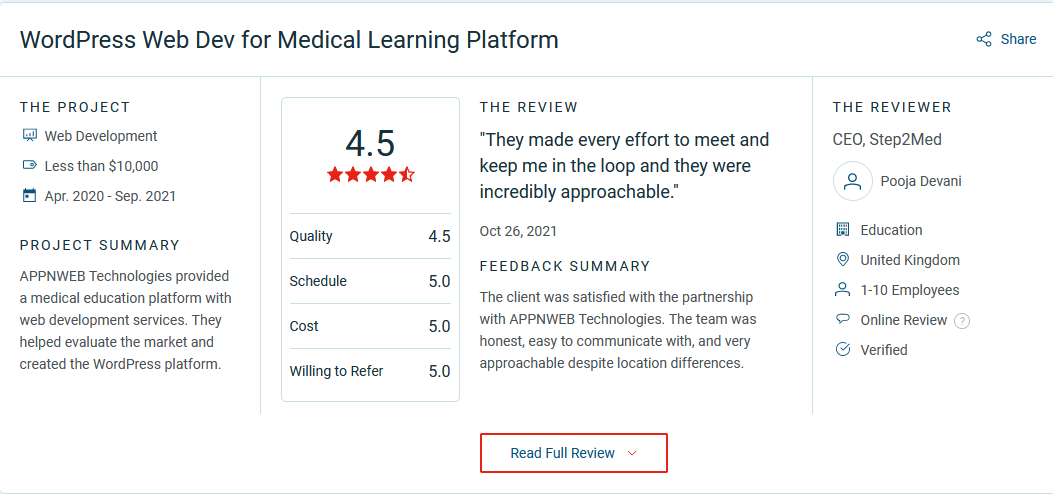












 Hire Craft CMS Developers
Hire Craft CMS Developers
 Hire Flutter Developers
Hire Flutter Developers
 Hire Blockchain Developer
Hire Blockchain Developer
 Hire WordPress Developer
Hire WordPress Developer
 Hire Magento Developer
Hire Magento Developer
 Hire Laravel Developers
Hire Laravel Developers
 Hire SaaS Developers
Hire SaaS Developers
 Hire Shopify Developer
Hire Shopify Developer
 Hire the Best Android Developer
Hire the Best Android Developer
 Hire PHP Developer
Hire PHP Developer
 Hire the Top 3% of Java Developers
Hire the Top 3% of Java Developers
 Hire Fully Vetted Angular Developers
Hire Fully Vetted Angular Developers
 Hire ReactJS Developers in India
Hire ReactJS Developers in India
 Hire iOS Developers in India
Hire iOS Developers in India
 Hire React Native Developers
Hire React Native Developers
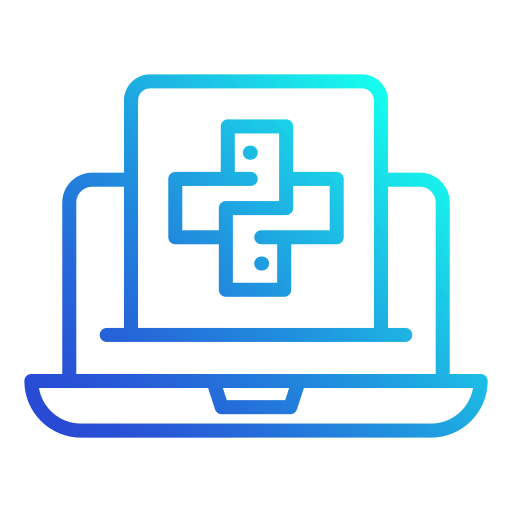 Hire Python Developers
Hire Python Developers
















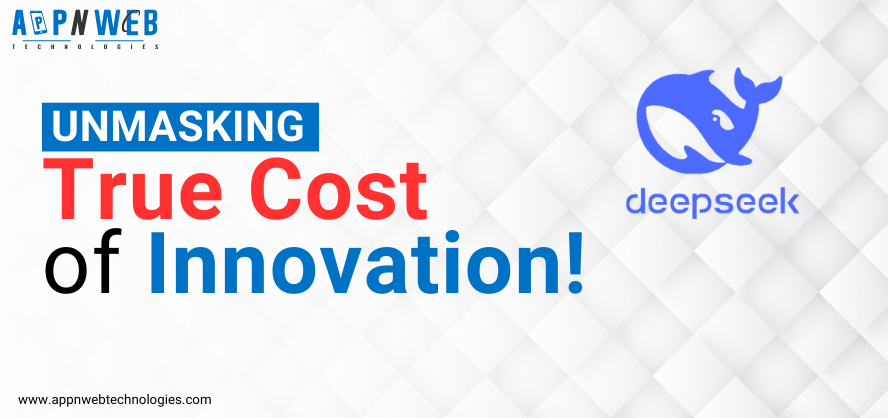


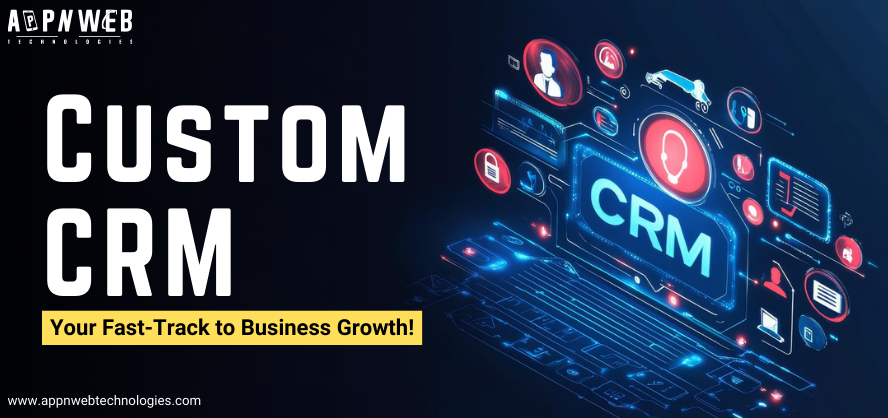

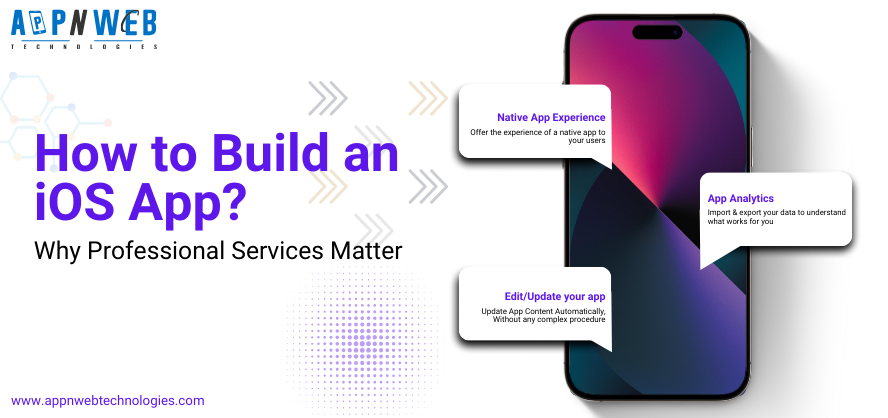


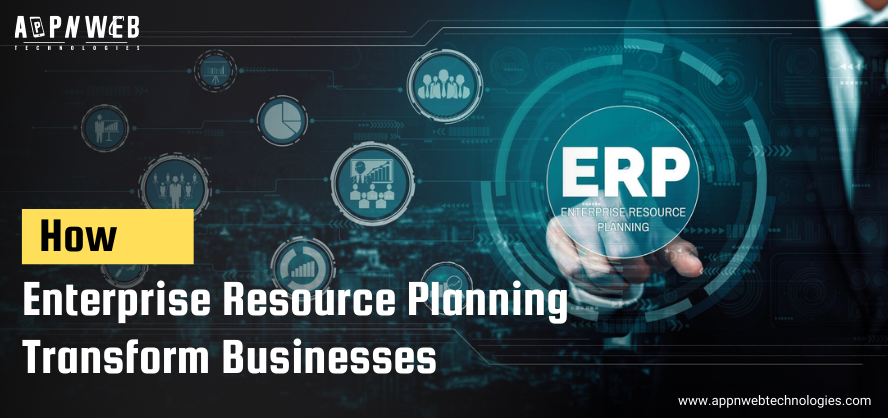

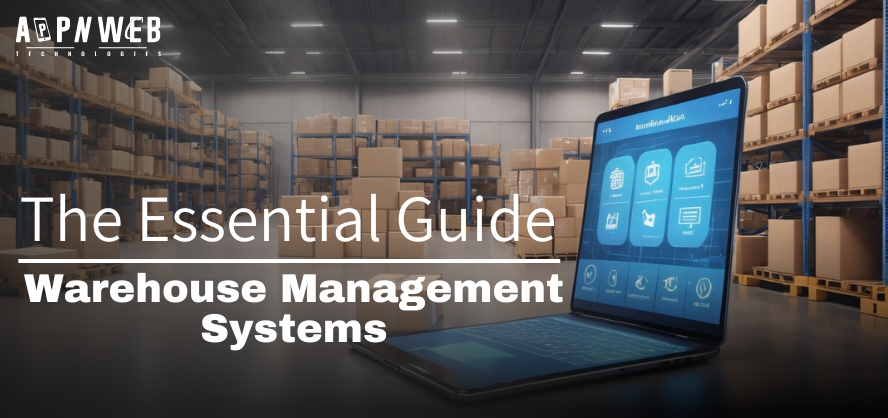
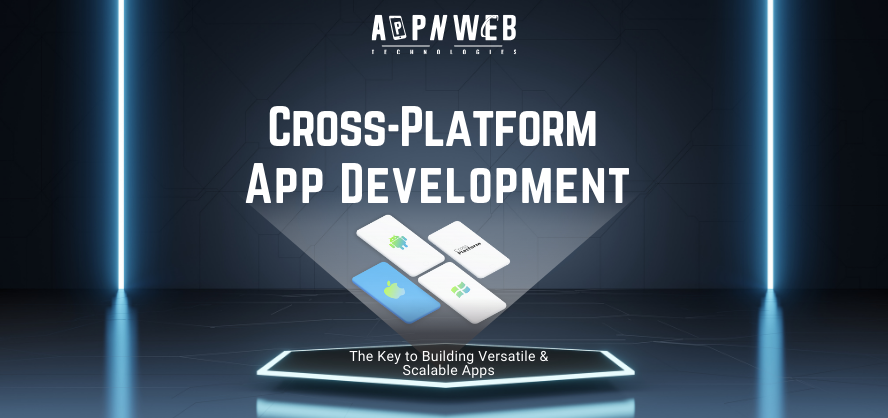
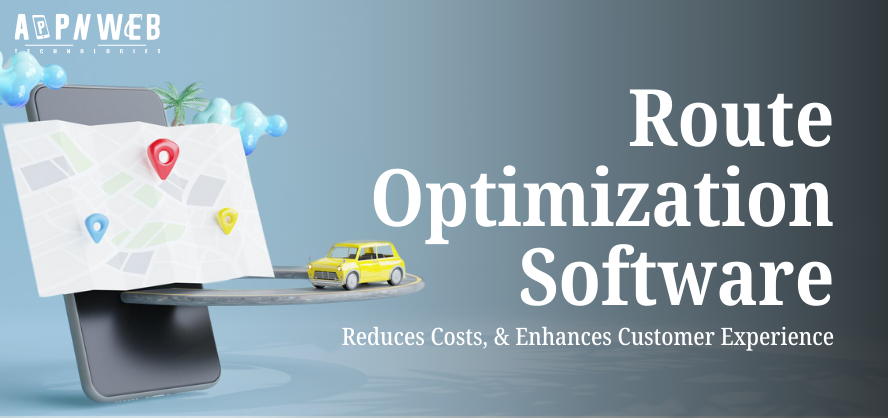



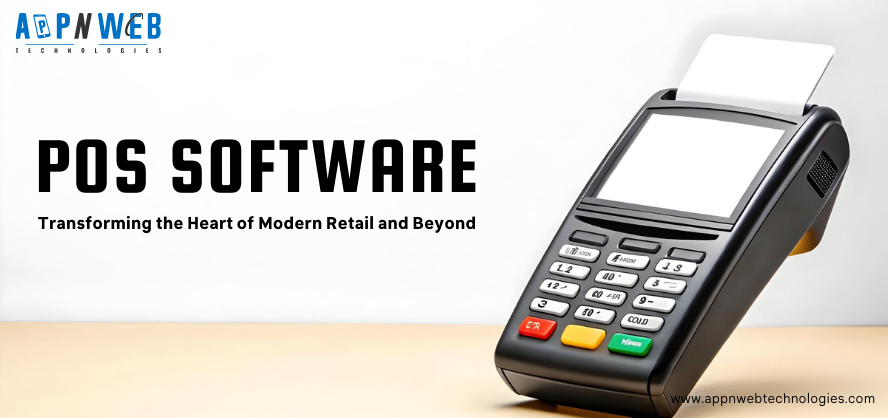
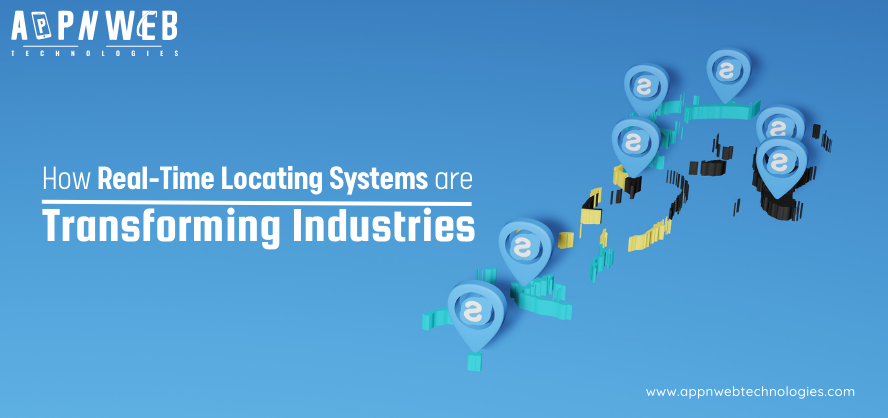

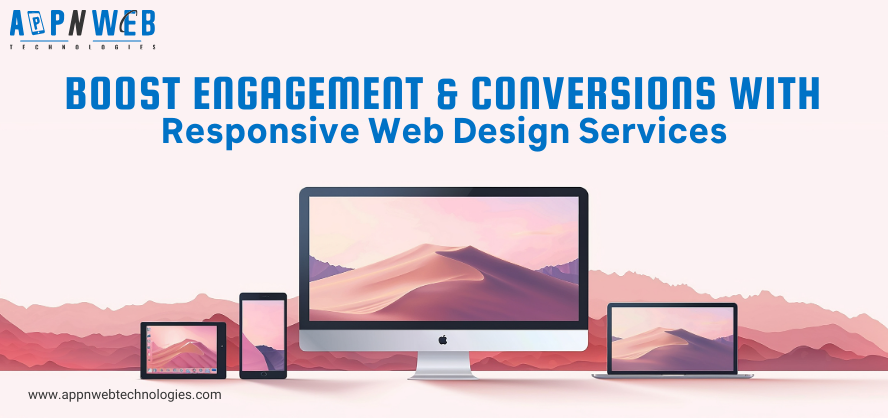



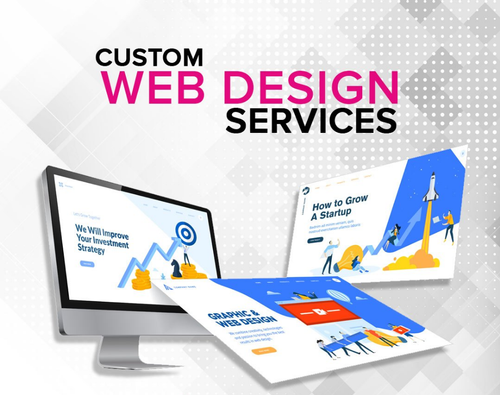
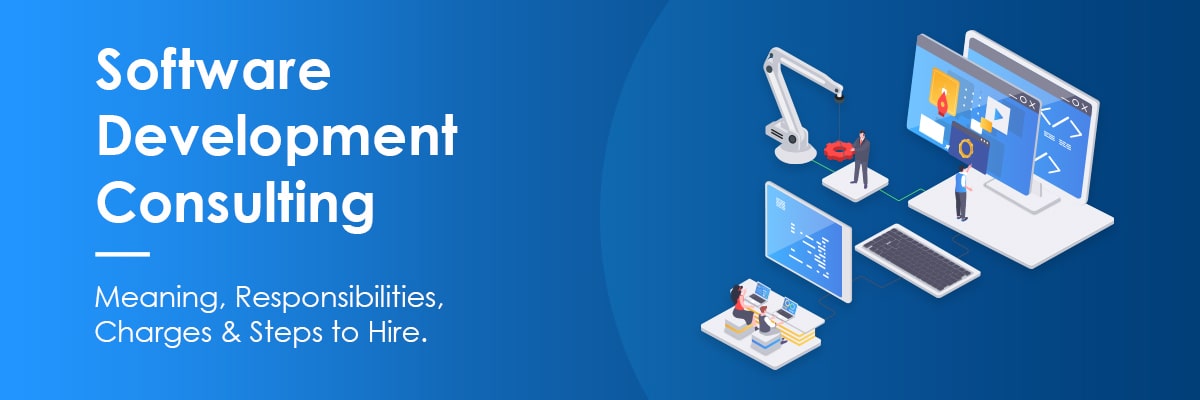

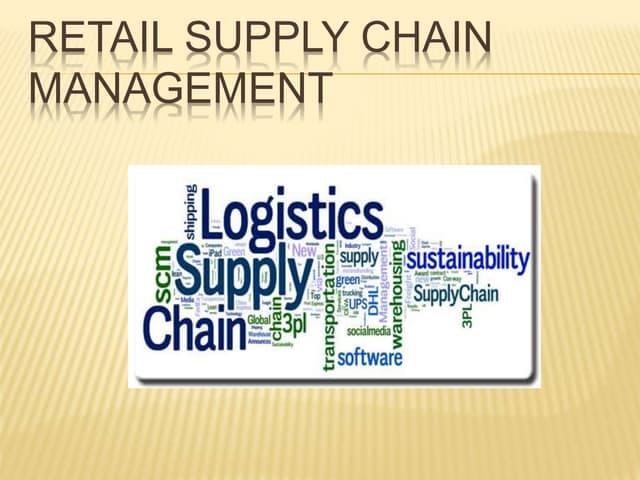
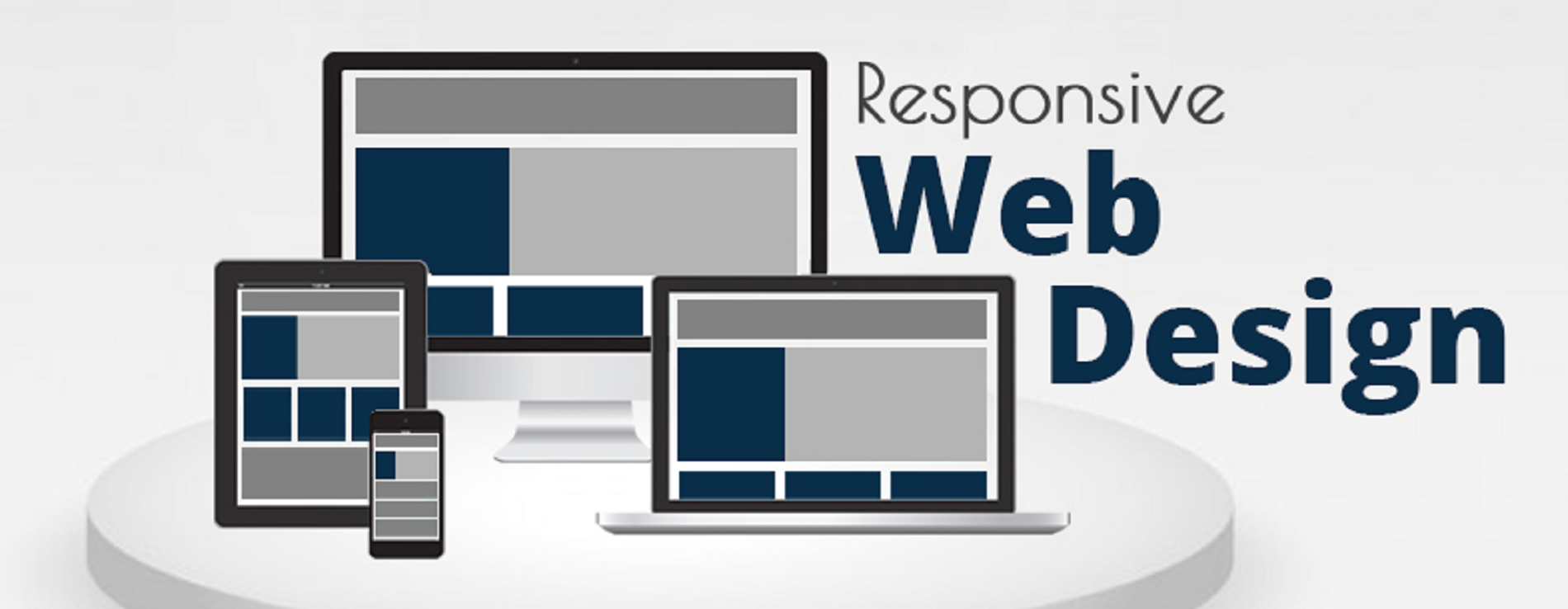





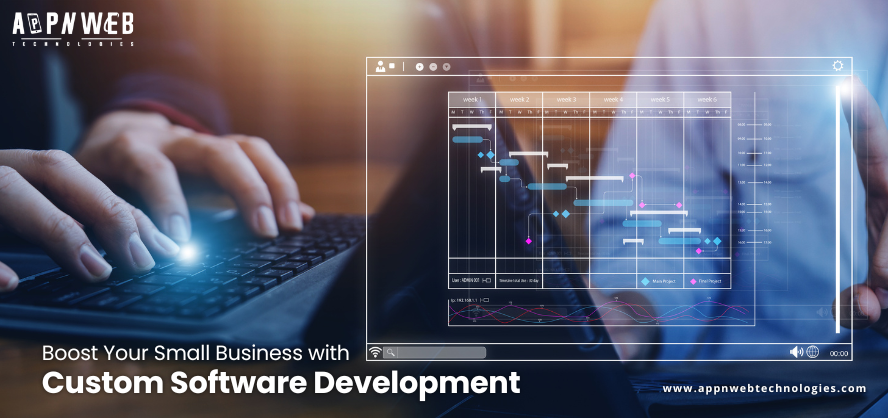





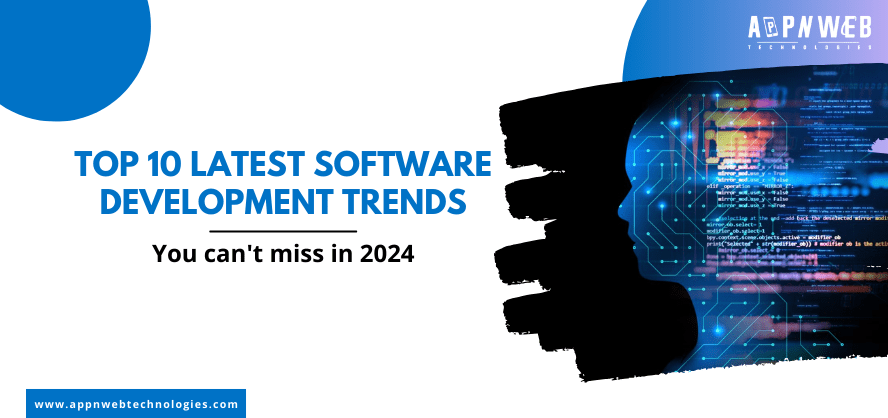
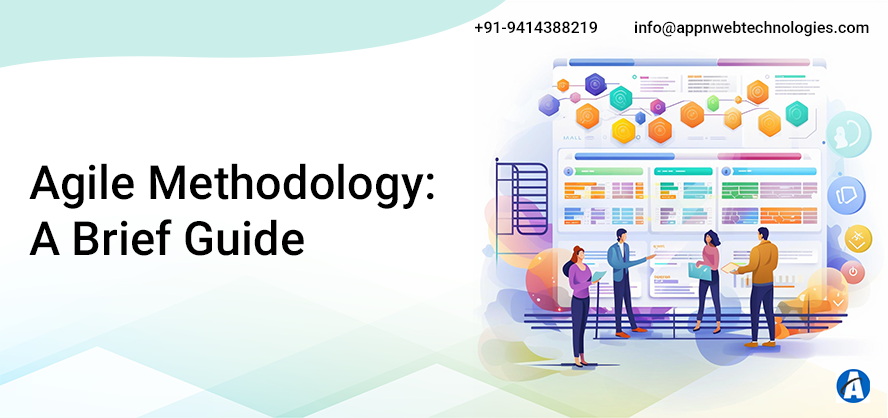

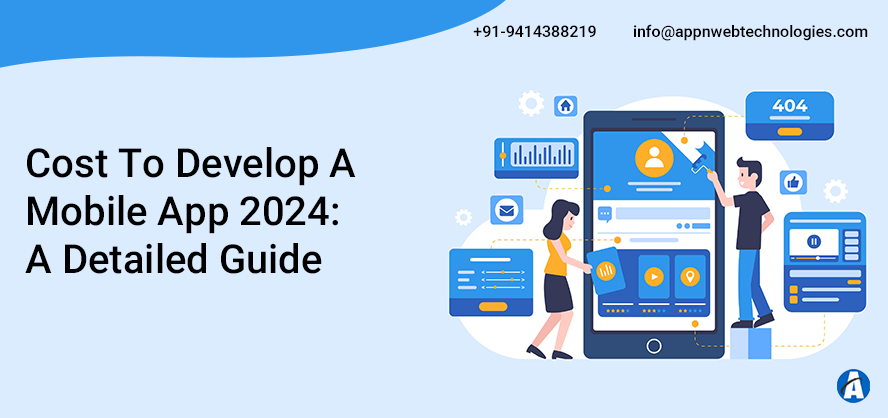
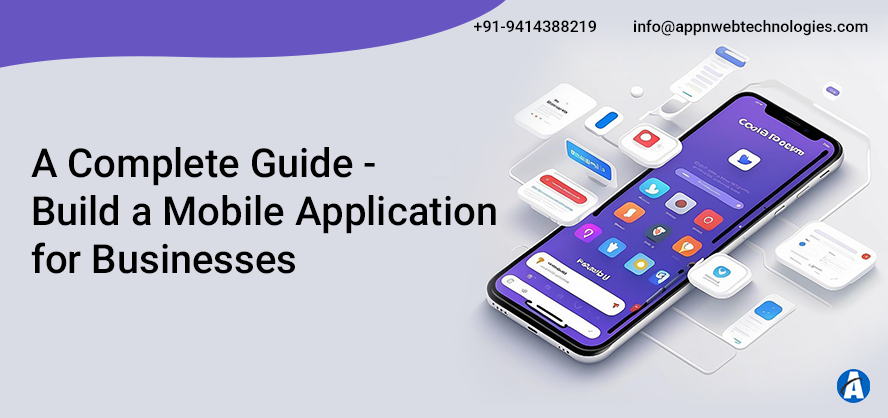
.svg)






